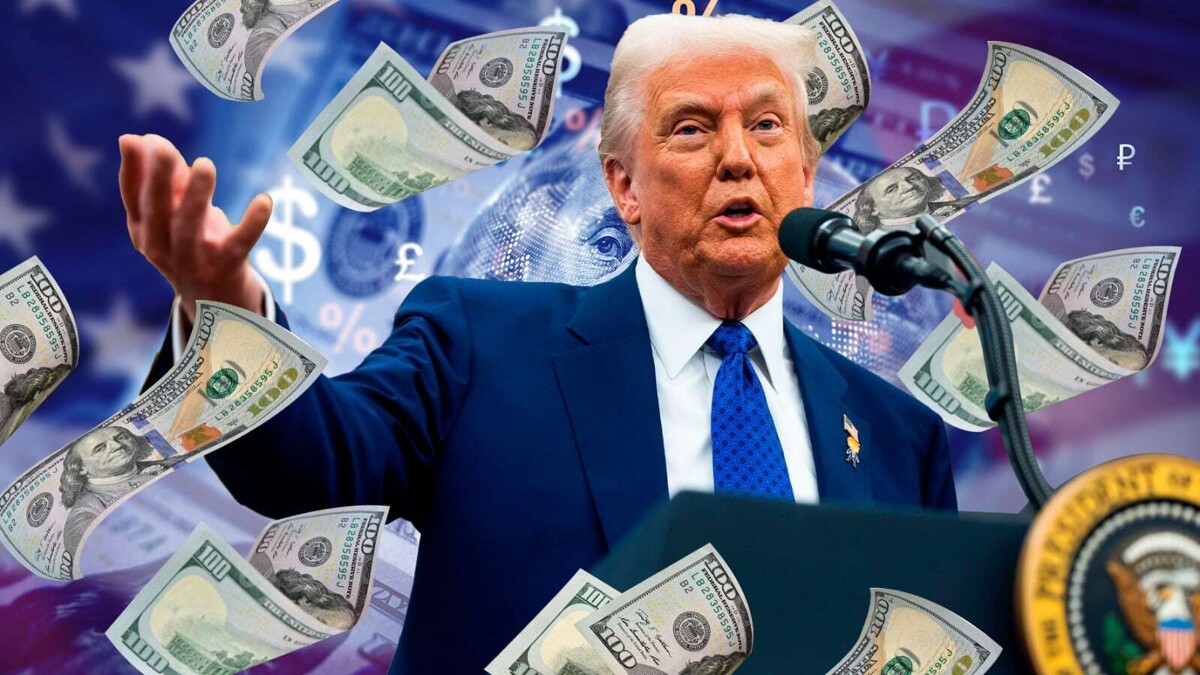
The tariffs referred to as 'reciprocal' by U.S. President Donald Trump have raised 500 million dollars since they came into effect on April 5. However, this figure is well below the president's initial estimate, which expected to collect 2 billion dollars daily.
A spokesperson for the U.S. Customs and Border Protection (CBP) reported that, since January 20 of this year, the country has collected a total of 21 billion dollars in tariffs, including the 500 million generated by the Trump administration's 'reciprocal' tariffs.
According to the CBP, the average daily revenue from all tariffs is 250 million dollars, a figure that contrasts with Trump's claims of much higher daily revenues.
Trump's tariff policy has raised concerns in the markets and among analysts, increasing the likelihood of a global recession, according to JPMorgan Chase. The bank has raised this probability from 40 to 60 percent.
The president backtracked on the 'reciprocal' tariffs he had proposed, opting instead to impose a generalized 10 percent tariff for most countries and regions, including the European Union, for 90 days. In turn, Trump raised tariffs on China to up to 145 percent, though he temporarily excluded cell phones and computer components.
The possibility of imposing a cumulative tariff of up to 245 percent on China has been raised, a measure that Beijing has described as 'irrational.' Additionally, tariffs remain in specific sectors such as automotive, steel, and aluminum.














